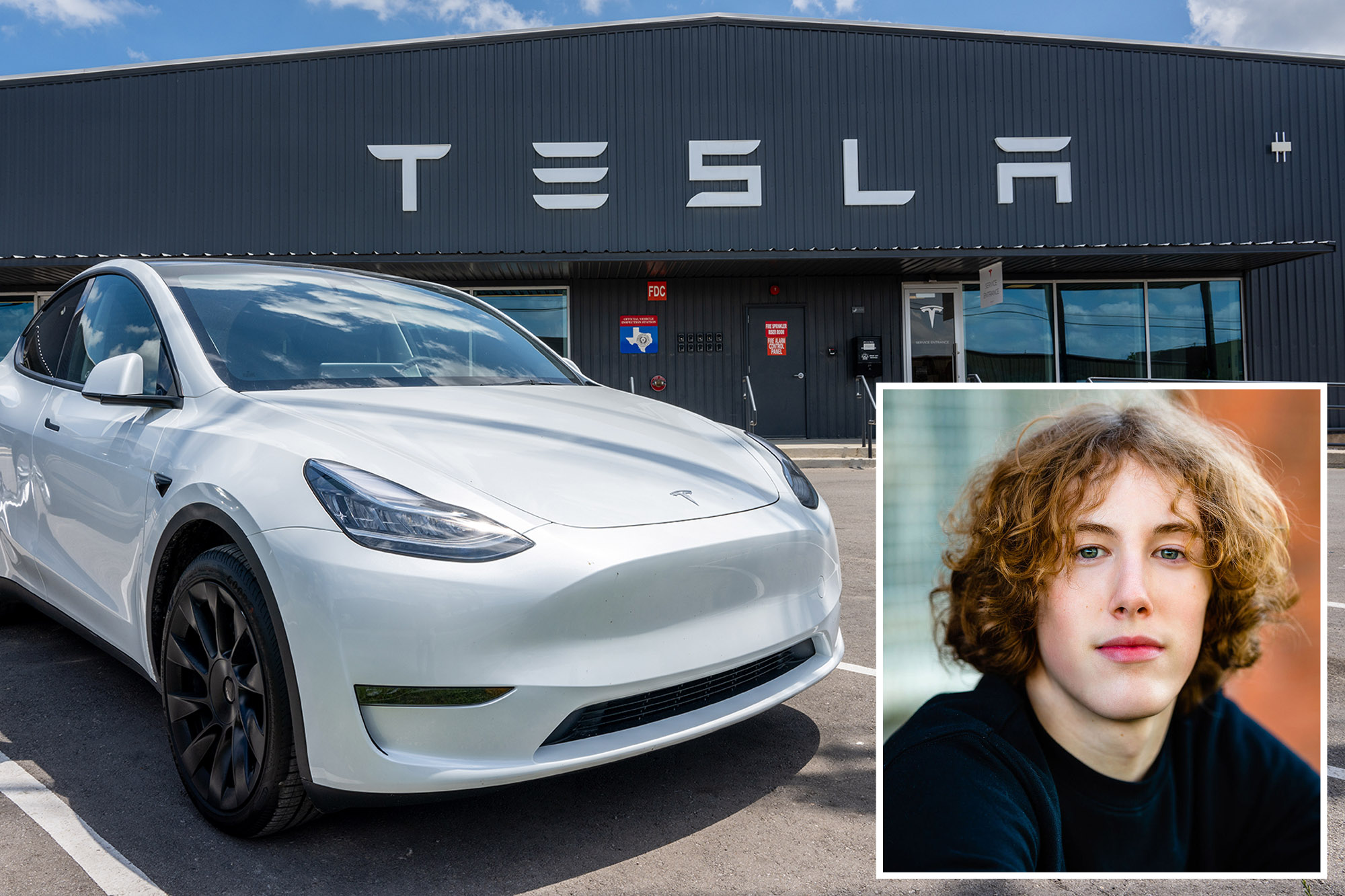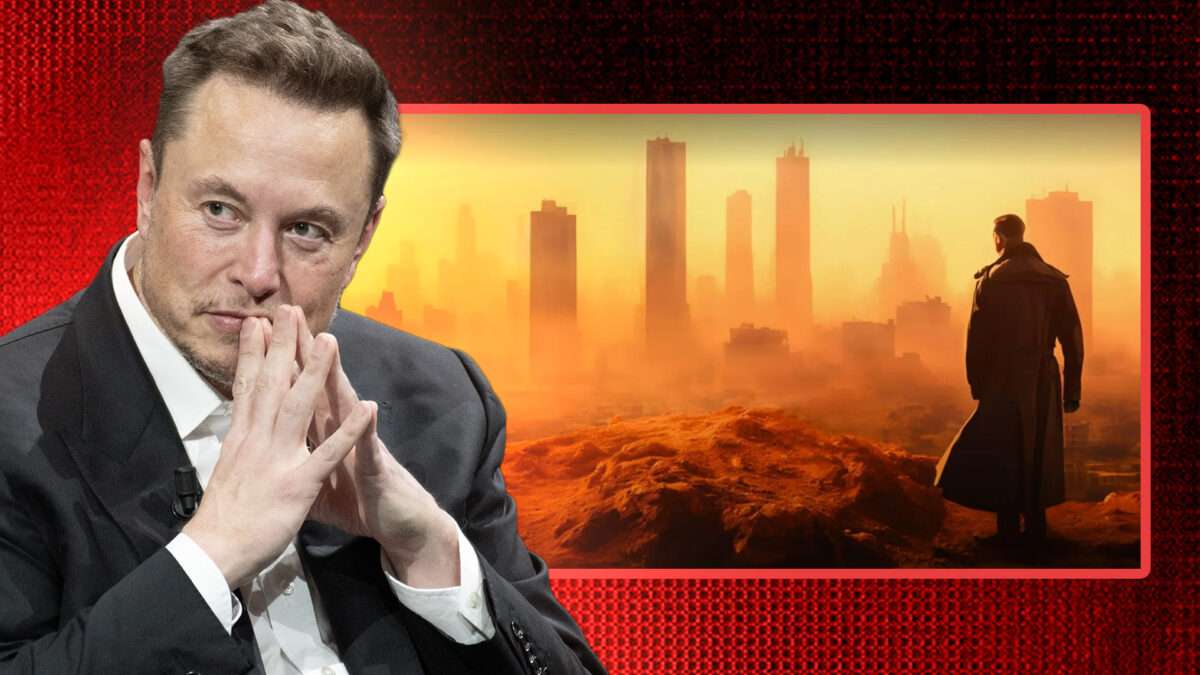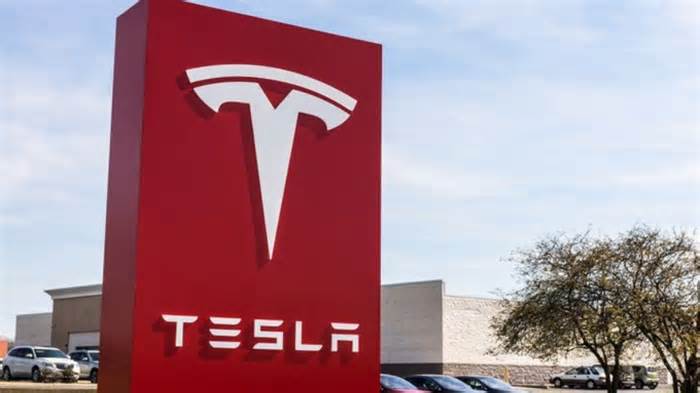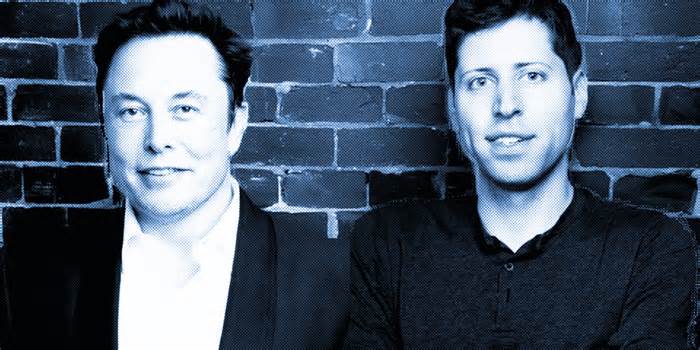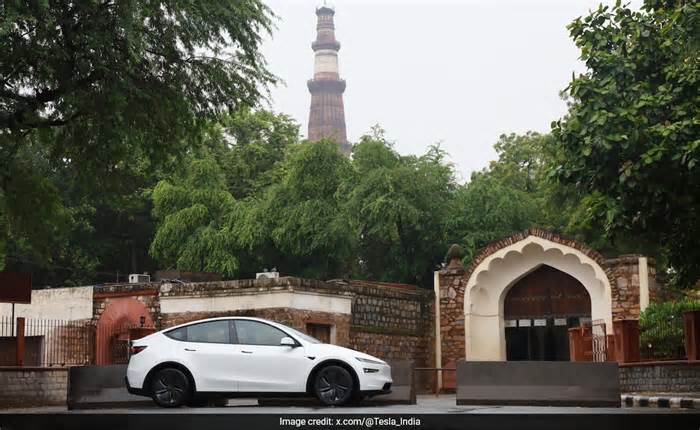
SpaceX Starlink success kicks off Elon Musk's satellite internet aspirations
- by CNET
- May 24, 2019
- 0 Comments
- 0 Likes Flag 0 Of 5

SpaceX
SpaceX has officially entered the satellite broadband race, delivering 60 Starlink satellites to orbit via a Falcon 9 rocket. The workhorse rocket achieved liftoff at 7:30 p.m. PT Thursday from Cape Canaveral, Florida.
Originally scheduled for last week, the
first Starlink delivery was scrubbed twice
, once due to bad weather and a second time to "maximize mission success." After those hurdles were cleared, Falcon 9 blasted off from the dark Florida coast and headed to space with a typically dazzling ascent.
Watch this: SpaceX launches first batch of Starlink satellites
07:05
The Falcon 9 booster landed on the drone ship Of Course I Still Love You stationed in the Atlantic Ocean, after being used in two previous SpaceX launches.
An achievement, sure, but for the company's global internet aspirations, the deployment of 60 Starlink satellites to orbit is the far bigger story.
Starlink aims to provide satellite broadband
to customers around the globe. Eventually, the service will form a net of satellites around the Earth, featuring some 12,000 space robots in a constellation that leaves no corner of the planet without internet. At approximately 8:32 p.m. PT, the first 60 of these satellites were released from the payload bay of the Falcon 9, more than 270 miles (440 kilometers) above Earth. Small boosters will see the satellites push out to an orbit of 342 miles.
The satellites, which look like flat-panel TVs, drifted out of the payload bay at once. There are no deployment mechanisms on board, and so the pack of 60 slowly floated apart like a deck of cards spilling out of a hand. Each satellite weighs 500 pounds and contains a single solar array, tiny thrusters, a navigation system that allows SpaceX to find them in orbit and a handful of high-throughput antennas, so they can flick signals around. The single solar array design is to minimize the potential points of failure, and in orbit, the array folds out like an accordion.
SpaceX CEO Elon Musk tweeted Thursday evening that all 60 satellites are online and the ion thrusters would activate sometime in the early hours of Friday.
Krypton ion thrusters activate in about 3 hours to raise orbit
Please first to comment
Related Post
Stay Connected
Tweets by elonmuskTo get the latest tweets please make sure you are logged in on X on this browser.






 Energy
Energy





